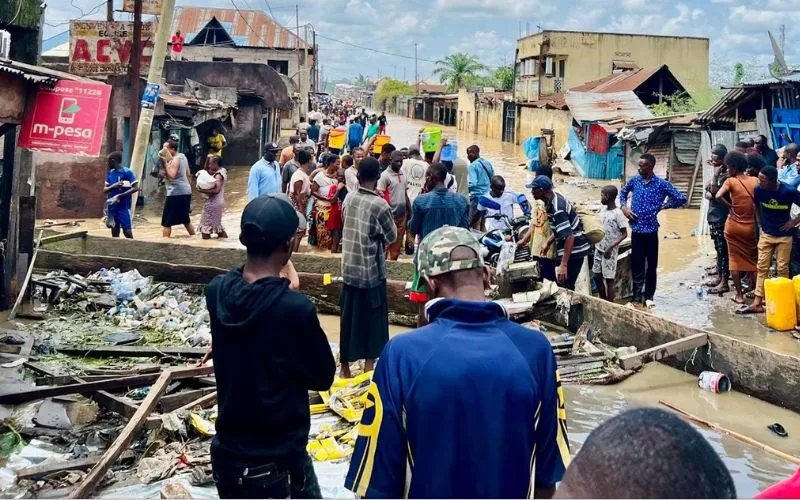After over four centuries of Portuguese rule, Mozambique gained independence in June 1975. The Southern African nation fought a civil war from 1977 to 1992 between the ruling Frelimo, a socialist party, and Renamo, an anti-communist organization.
Renamo began a new insurgency in 2013, a conflict that only came to an end in August 2019 with the signing of a peace agreement in Serra da Gorongosa.
In his July 28 message, Archbishop Nunes said the National Week of Faith and Social Commitment is to offer citizens the opportunity to explore avenues of peace.
“Between the lights and shadows of these years, we will identify and embrace the paths of hope that will lead us to build a common home that is a source of life and peace,” the Mozambican Catholic Archbishop said.
Reflecting on the theme of the weeklong spiritual initiative, “On the Way to 50 Years of Independence as Pilgrims of Hope”, the Local Ordinary of Maputo, who doubles as Vice President of the Episcopal Conference of Mozambique (CEM) says, “It is in complete harmony with the Jubilee that the universal Church will celebrate in 2025.”
He goes on to reflect on some of the topics to be discussed during the week. Participants are to reflect on “how the Mozambican state was founded, what achievements have been made, and what mistakes of the past have contributed to the slowness of our project for progress,” he says.
Participants’ reflections are also to be guided by the questions: “Where are we after almost 50 years of building our state? What gains have we made as a reality and how do we deal with our commitment as citizens?” Archbishop Nunes says in his July 28 message.
CEM members’ statements over the last decades are to be reflected upon, he further says, and explains, “Over the 49 years since the proclamation of independence, the Church has not remained silent despite the restrictions and the change in relationship with the new government. In fact, through CEM, the Bishops have published several pastoral letters and communiqués in favor of a healthy process of building the independent state.”
The Local Ordinary of Maputo Archdiocese since his installation in May 2023 says that CEM members are “always present, accompanying the process of building the state and the challenges that arise, sometimes praising achievements, other times reprimanding certain actions, whether of the citizens or the authorities.”
“It is necessary to reflect on the reality in which we find ourselves in relation to where we want to go as a nation; we need to think about whether we are satisfied with the stage we have reached and outline a project, making a commitment about how we want to be from now on,” The Mozambican Catholic Archbishop, who started his Episcopal Ministry in July 2011 as Auxiliary Bishop of Maputo says.








